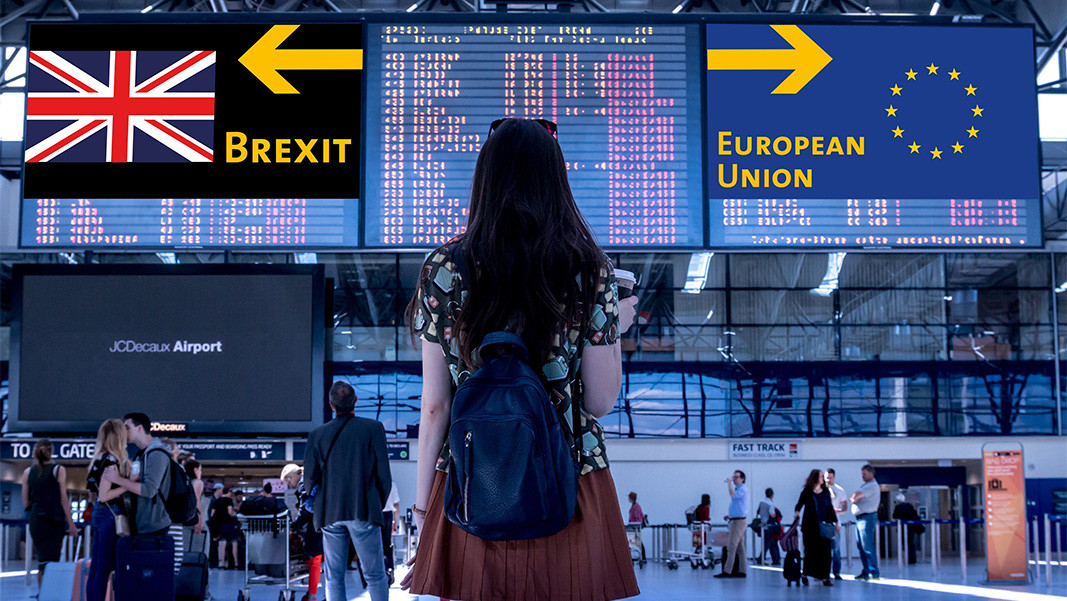At exactly 00.00 on 30 June, the deadline for applying for EU citizens' residency status in the United Kingdom expired. Thus, anyone who does not have British or Irish citizenship, does not have a permanent residence status (indefinite leave to remain) or has not applied for one, or does not have the right of permanent entry (indefinite leave to enter) in the United Kingdom, loses his or her rights on the Island. This means that he or she has no right to work, to receive benefits, health services, to open a bank account, respectively rent a home, etc., the BNR correspondent in London Vesselin Paunov reported.
Deportation may even be a last resort, although the government has declared that "it will be flexible and fully understanding and lenient" not to deprive citizens of their rights immediately after 1 July. More than 5.6 million people have applied for residency status, according to official statistics, with around 3.5 million EU citizens living in the country. From the submitted applications it can be stated that the Bulgarians are the sixth largest group on the Island among the EU countries, as ahead of them are the Poles, Romanians, Italians, Portuguese and Spaniards. The percentage of rejected applications is relatively low, says Vesselin Paunov.

One week before the deadline, the UK Home Office sent a 28-day notice to all Europeans who, according to their data, had not yet applied for residency status, urging them to do so regardless of the deadline. Authorities have described the action as a form of tolerance and response to civil allegations of inadequate notification policy since the settlement status scheme began in March 2019. At the same time, Immigration Minister Kevin Foster has assured that no drastic measures will be taken after July 1.
There are serious concerns about what will happen now also on behalf of businesses in the UK, which in practice from July 1 may lose valuable labour force, much of which comes from countries like Bulgaria.
The Independent newspaper wrote these days that due to the uncertainty of the status of some EU citizens and the delay in the processing of documents, their employers prefer to hire a local person at the moment, so as not to take risks, says Vesselin Paunov. “A number of sectors in the British economy are already experiencing difficulties after the outflow of EU citizens, mostly Eastern Europeans - according to official figures more than 1.3 million. There is already a great shortage of drivers, workers in the food industry, restaurants and hotels, construction and many other areas."
Edited by Vessela Krasteva
English version Rositsa Petkova
Photos: EPA/BGNES"Folklore is a need for humans and this need will not disappear just like that, " says Assoc. Prof. Dr. Natalia Rashkova - ethnologist and folklorist, university lecturer and researcher with a strong contribution to the study of..
Researchers from Bulgaria and abroad are gathering in Sofia for a scientific conference. The forum will be held on October 16 and 17 in the building of the Institute of Ethnology and Folklore Studies with Ethnographic Museum at the..
The Sofia Zoo has a new resident – an 11-year-old male snow leopard, BNT has reported. He comes from Nordens Ark Zoo, located in Bohuslän, Sweden and is named Araatan. Some time ago, a female leopard arrived from the Helsinki Zoo,..
A celebration of children’s love of books and imagination will take place on 25 October in Los Angeles, organised by the Bulgarian School “St. St. Cyril..
The cool autumn evenings give us a reason to immerse ourselves in the cosy atmosphere of restaurants in Sofia and try new flavours..
Today, 24 October, a new Bulgarian school in Spain – in the town of Fraga in the autonomous community of Aragon - is opening doors for the start of the..

+359 2 9336 661
